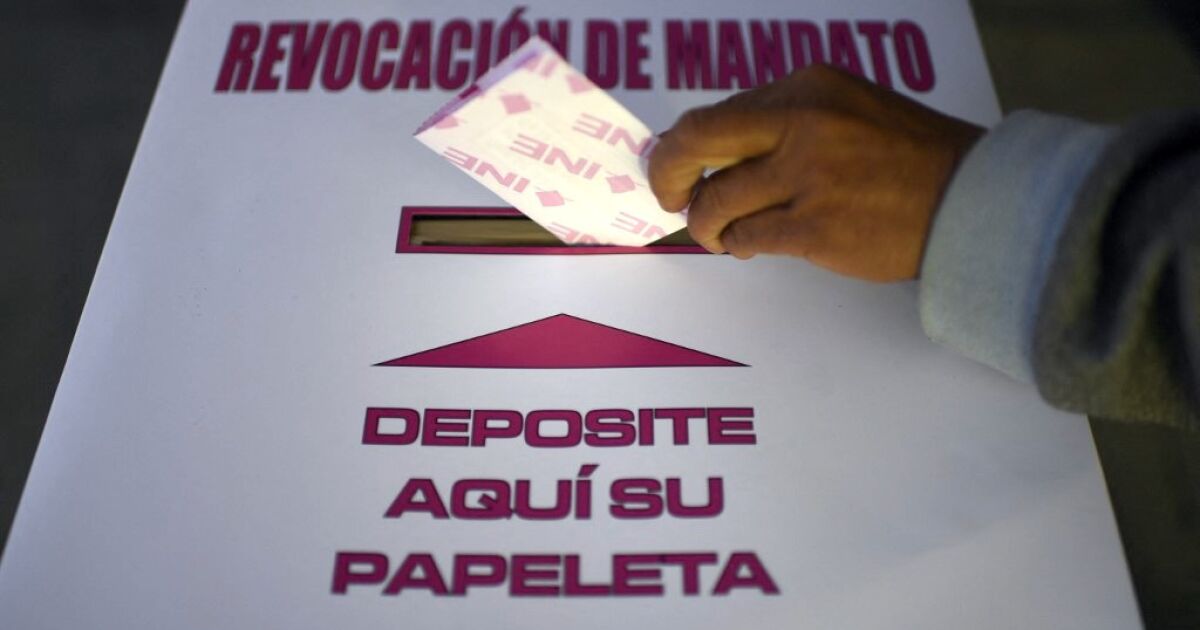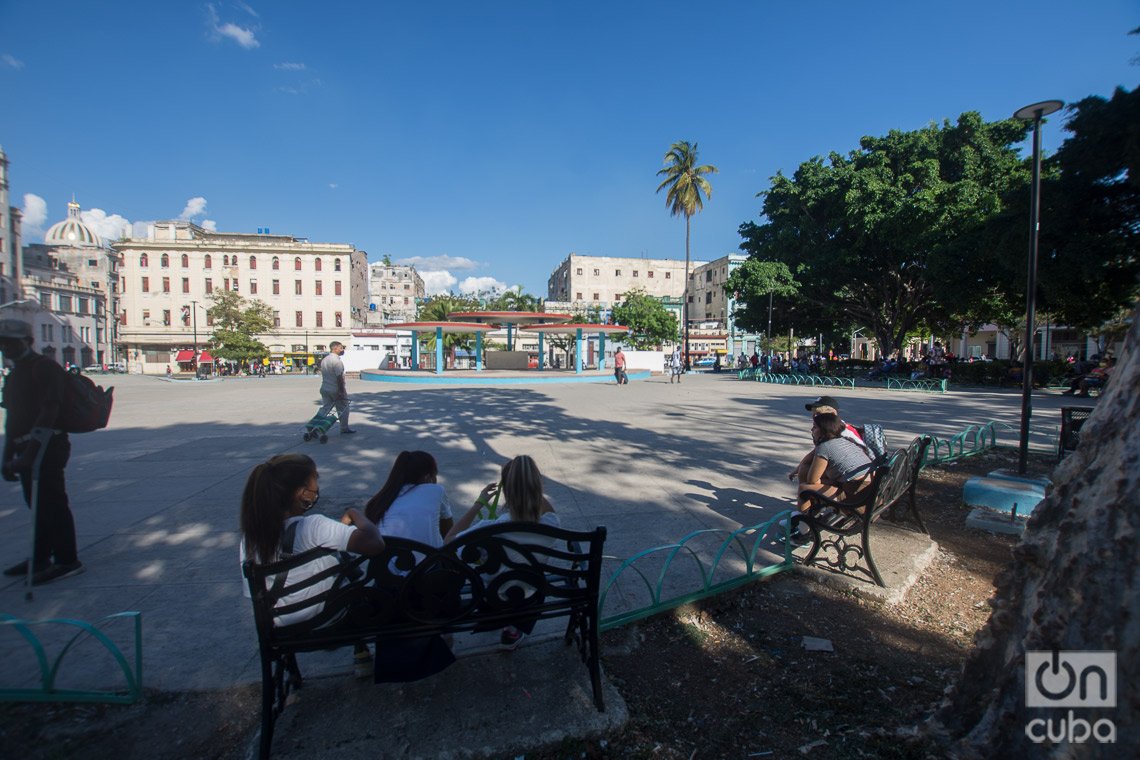Of course, it’s a tight summary. There were more arguments from both sides, as well as different interpretations and variations on the points summarized here, but those were the general axes of the discussion.
Now, during the first days of this week, we have seen dozens of balances of the result of the query. Some read it as a triumph for the president, as he showed that he still has a solid base of support. Others see it as a defeat for the ruling party due to the low turnout.
I no longer have much to contribute to that balance. That is why I want to escape this discussion for a moment to analyze the consultation from the construction worker’s point of view, beyond the arguments that the ruling party put forward. I will try to unravel the deep meaning of the recall referendum from a populist perspective.
I do not use the term “populist” in a pejorative way. Rather, I use it as a valuable concept to understand the logic behind the consultation that we just experienced in Mexico.
According to different theorists, populism is, at the same time, an ideology and a way of doing politics that is characterized by putting the people and the elites first, by an exacerbated nationalism, by distrust of liberal institutions, by a discourse of socio-historical claims. and by the preeminence of plebiscitary democracy over representative democracy.
In this sense, the plebiscite, the referendum, the consultations and other instruments of direct democracy (or popular democracy, as some call it) are of special importance for populist governments. Attention: direct, plebiscitary or popular democracy, but not participatory democracy. I explain.
Participatory democracy – which has a more liberal or social democratic meaning – seeks to involve citizens in government decision-making, in the promulgation of new laws or in the formulation of policies and programs. For its part, plebiscitary democracy seeks to provide popular legitimacy to the decisions of the government in power, keep the social bases of the populist movement in constant mobilization, and strengthen the idea that there is a direct connection between the people and their leader.
The revocation consultation may have seemed nonsense to many analysts and citizens: “How can it be possible that the president himself is the one who requests its revocation? We are in the world upside down. In addition, the constitutional right to request the removal of a president for loss of trust was deformed into an instrument of propaganda. In many ways, I see it that way too.
However, beyond the pragmatic goals that President López Obrador set for himself when calling the referendum, from a populist theory point of view, the revocation of the mandate makes perfect sense, since its objectives were: first, to renew popular legitimacy AMLO and the “fourth transformation”; second, activate, oil, unite and mobilize the workers’ bases; third, to reinforce the perception that the president is a leader close to the people and, at the same time, nurture his relationship with the social sectors that have traditionally supported him.
I doubt that the president has read Ernesto Laclau, Chantal Mouffe, María Esperanza Casullo, Pierre Rosanvallon or other populist theorists. Rather, in a circumstantial way, his way of understanding and doing politics can easily be inscribed within the framework of populism.








